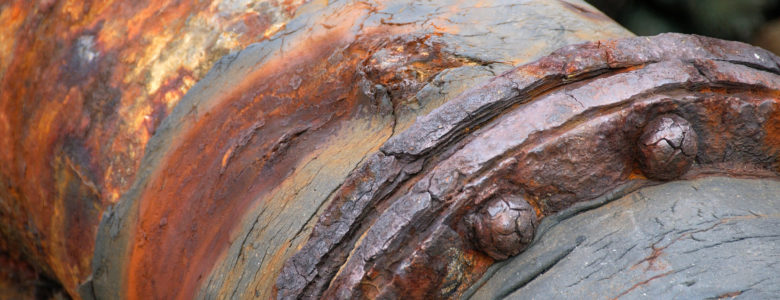Pipelines are still the safest and most effective way to carry resources such as gas and oil, among others.
While this is the case, that doesn’t mean that they don’t fall victim to ruptures and failures at times.
Unfortunately, there is no such thing as a minor problem when it comes to pipelines. In fact, these problems cost the United States millions of dollars each year.
But, one of the biggest problems they face over time is corrosion.
Read this article to find out what happens to pipelines when they corrode.
Damage to the Interior of the Pipeline
When it comes to pipeline corrosion, the contents they carry isn’t the real problem. These pipelines can carry a variety of materials and substances without corroding. Some of these include:
- Crude oil
- Gas
- Biofuels
The main issue is the trace amounts of sediment and water within the materials that these pipelines are carrying.
Because the density of these substances is different, they separate. Over time, the moisture can start corroding the steel interior of the pipeline. This causes ruptures and pipeline failures.
Warmth Can thin the Interior Walls
It’s not only liquids that can cause wear and tear to the interior of a pipeline. Warmth also plays an important role.
The oil in pipelines flows better if hot. This means that these pipelines come with insulation to keep oil and other contents at a high temperature.
While the warmth is great for the oil, it thins the lining of the walls over the years. This thinning makes the steel more likely to corrode.
The Exterior Is as Important as the Interior
When it comes to pipeline corrosion, you also have to think about the exterior. The outside of a pipeline has to face rain, snow, heat, and all other extreme weather conditions mother nature throws at it.
Pipelines have protective coatings. But, some of these systems are decades old. And, keeping track and maintaining all of them requires manpower and a high level of expertise.
When Pipelines Corrode, Ruptures and Breakages Occur
Unfortunately, when it comes to pipelines, it’s not a matter of “will it happen”. It’s a matter of “when will it happen”.
No matter how well you look after your pipelines, they will fall victim to corrosion at some point in time.
When they do, they will rupture, break, and fail to do the job you intend them to. And, at over 6.3% GDP, corrosion is one of the largest expenses in the US.
But, there are ways you can make your pipelines last longer…
Preventative Measures From DynaGard
If you want to protect your pipelines from corrosion for as long as possible, you need to take the right preventative measures.
Pipelines corrode when they don’t have the right protection and maintenance. With this in mind, check out our products today.
At Dynagard, we have products for pipelines of all sizes. We sell guards as well as padding that you can peel off and apply to your pipelines to protect them from corrosion.



Leave a Reply